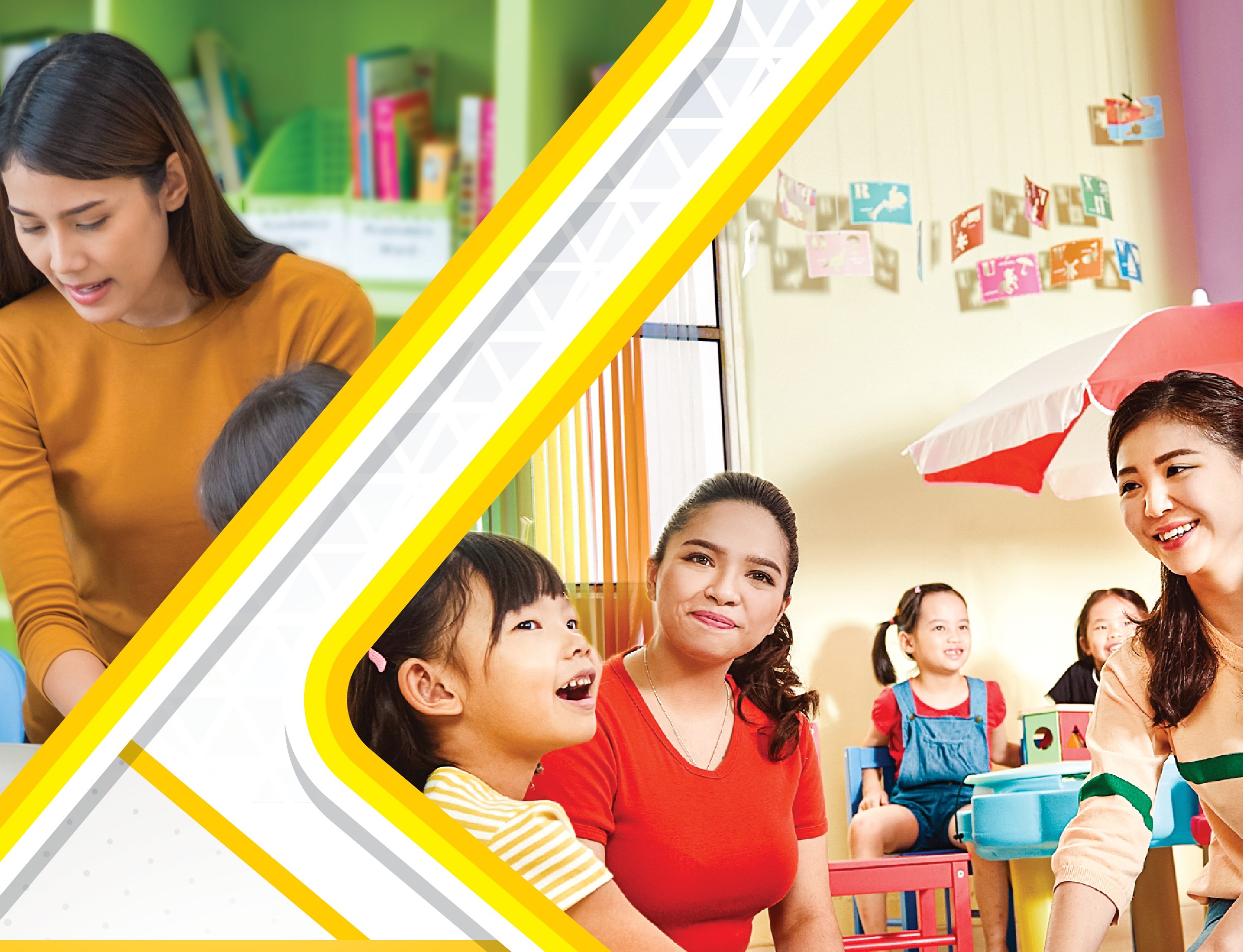The Montessori learning approach in the education of children consists of three key components: the child, the prepared environment, and the teacher (Isaacs, 2015). In the Montessori classroom, children are considered unique individuals who learn at their own different paces. The Montessori theory believes that children below six years old have absorbent minds and will go through sensitive periods, and that children achieve their greatest potential when they can learn in a prepared environment, with the teacher who acts as the facilitator and observer. A child who learns in a classroom-based on the Montessori approach will experience a prepared environment in which the furniture and materials are child-sized and easy for the child to reach. The prepared environment will help children to gain a sense of independence and lead them to spontaneous learning. Once the environment is prepared, the teacher will play the role of the facilitator, observer, and planner. “The teacher’s task is first to nourish and assist, to watch, encourage, guide, induce, rather than to interfere, prescribe or restrict,” (Montessori, 1952).
How it Benefits Children
Children who learn in the Montessori method are full of excitement to learn and curiosity to explore their environment, and this leads them to acquire the skills and knowledge needed. “Learning is a key to children’s development and education as the main contributing factor to the child’s preparation for life,” (Montessori (1988a and 1988b). They are given a sense of order through their environment and routine, which provides them with a sense of security and minimises negative behaviour. Furthermore, the children also gain a sense of independence, concentration, love of work, sociability, and self-discipline. Children will develop a lifelong learning attitude because in the Montessori method of education, they learn by their interest. Montessori believes that children observe and explore when they become interested and when they can engage in activities that involve their whole beings (Isaacs, 2015). Therefore, children who learn through the Montessori method of education will grow in a holistic manner and will be well-prepared for their future endeavours.
Well-Prepared SEGi Graduates
At SEGi College Sarawak, our students who have graduated with the Diploma in Early Childhood Education are well-prepared to work as teachers in any school which uses the Montessori learning approach. In this programme, students learn about the philosophy, theory, and practices of the Montessori method of education, the core subjects, and they will also learn the basic skills to act as the “directress” (the title given to teachers who practise the Montessori method of education). They are equipped with the basic skills and knowledge of the Montessori method of education to carry out their role as a teacher.

